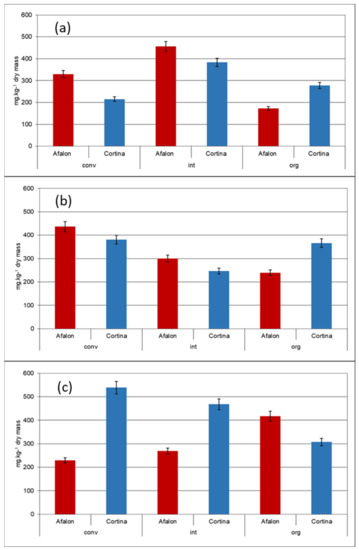

On the other hand, many of them fail to directly address children’s privacy or describe security measures taken to protect user data. We discover that government agencies are considerably better in protecting (or not collecting for that matter) sensitive financial information, Social Security Numbers, and user location.

Yet, do privacy policies of companies and government agencies reflect these differences and distinctions? In this paper, we take advantage of two of the most recent machine-learning-based privacy policy analysis tools, Polisis and Privac圜heck, and five corpora of over 800 privacy policies to answer this question. Besides this difference in missions, they are subject to distinct regulations that govern their collection and use of PII. Companies have strong incentives to monetize such information, whereas government agencies are generally not-for-profit. The empirical results show that Variation-resistant Q-learning can control and utilize estimation bias for better performance in the experimental tasks.Ĭomparing Privacy Policies of Government Agencies and Companies: A Study using Machine-learning-based Privacy Policy Analysis ToolsĬompanies and government agencies are motivated by different missions when collecting and using Personally Identifiable Information (PII). Finally, we present empirical results from three different experiments, in which we compared the performance of Variation-resistant Q-learning, Q-learning, and Double Q-learning. Secondly, we combine the algorithm with function approximation.

Firstly, we present the tabular version of the algorithm and mathematically prove its convergence. In this paper, we propose a new Q-learning variant, called Variation-resistant Q-learning, to control and utilize estimation bias for better performance. Although the overestimation bias of Q-learning is generally considered harmful, a recent study suggests that it could be either harmful or helpful depending on the reinforcement learning problem. Q-learning is a reinforcement learning algorithm that has overestimation bias, because it learns the optimal action values by using a target that maximizes over uncertain action-value estimates. Variation-resistant Q-learning: Controlling and Utilizing Estimation Bias in Reinforcement Learning for Better Performance Full Papers Short Papers Area 1 - Artificial Intelligence Full Papers Paper Nr:


 0 kommentar(er)
0 kommentar(er)
